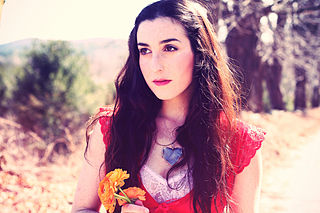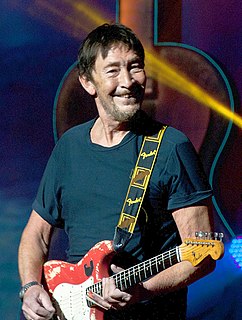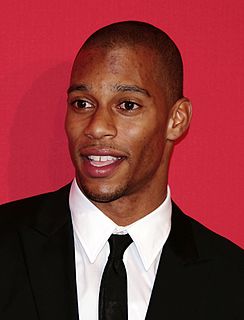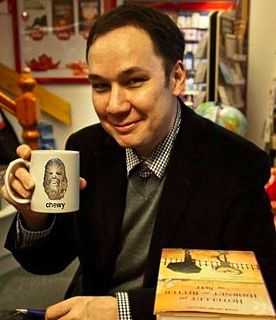A Quote by Zoe Kazan
There are a lot of words that I knew first as a reader, and I never put the pieces together in my brain. The word segue I thought was pronounced "seeg," I think until I went to college, which is horribly embarrassing.
Related Quotes
The pressure disappeared with the first word he put on paper. He thought--while his hand moved rapidly--what a power there was in words; later, for those who heard them, but first for the one who found them; a healing power, a solution, like the breaking of a barrier. He thought, perhaps the basic secret the scientists have not discovered, the first fount of life, is that which happens when a thought takes shape in words.
There are some simple maxims which I think might be commended to writers of expository prose. First: never use a long word if a short word will do. So, if you want to make a statement with a great many qualifications, put some of the qualifications in separate sentences. Third: do not let the beginning of your sentence lead the reader to an expectation which is contradicted by the end.
The usual method of creation for most human beings is a three-step process involving thought, word, and deed or action. First comes thought; the formative idea; the initial concept. Then comes the word. Most thoughts ultimately form themselves into words, which are often then written or spoken. This gives added energy to the thought, pushing it out into the world, where it can be noticed by others. Finally, in some cases words are put into action, and you have what you call a result; a physical world manifestation of what all started with a thought.
The ticket out of the Depression was an education, a college degree. It really didn't matter if you knew anything. You just had to have the degree. My dad, up until the last two years of his life, thought he had failed miserably with me 'cause I didn't go to college. I mean, you've seen postgame interviews with the star of the game and the players always talk about how proud his parents are because he's the first guy in his family ever to attend college. I'm the first in my family not to! I'm the first of my family not to have a degree. It's thrown everybody for a loop.




































